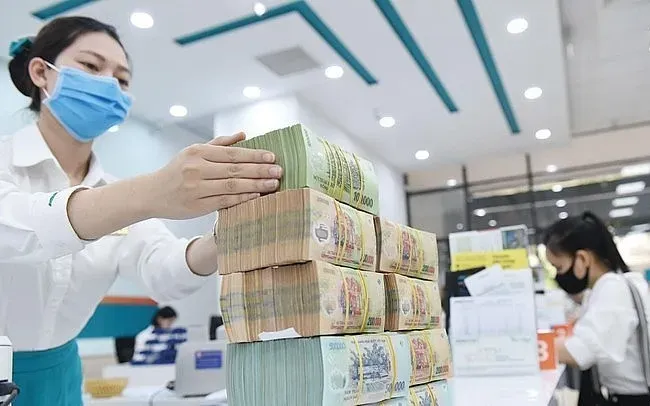
Catalyst Duo: Green Portfolio and 2% Concessional Capital Reshape Financial Flows
Vietnam is concretizing its Net Zero 2050 commitment with a groundbreaking "parallel mechanism": the green classification list under Decision 21/2025/QD-TTg, which provides standard language, along with a 2% interest rate support policy from the state budget - a direct and powerful financial lever. These two tools not only "open the valve" for preferential capital but also act as a technical filter to avoid "greenwashing" in investment.
According to Associate Professor Dr. Nguyen Dinh Tho, Deputy Director of the Institute of Strategy and Policy on Agriculture and Environment, Decision 21 creates a legal basis for identifying green projects. When cheap capital is directed to priority areas such as renewable energy and the circular economy , the total national emissions can be significantly reduced in the medium and long term.

Green Credit and Bonds: Institutional Transparency Opens the Capital Valve of $100 Billion to Net Zero
From a business perspective, Mr. Le Minh Tuan, CEO of a development finance company, added that the 2% support level is a large enough incentive to balance the initial risks of green projects, especially small and medium-sized renewable energy projects. It turns sustainability into financial feasibility.
The green classification framework and the 2% interest rate support mechanism are dual financial levers, creating clear signals for domestic and international markets. However, transparency in the disbursement process and professionalization of the bond market are key to ensuring that concessional capital flows to the right destination, realizing the Net Zero 2050 target.
However, the biggest challenge lies in the implementation and control of the transparency of preferential capital flows. The mechanism of paying interest support through local budgets, instead of through the commercial banking system, is expected to solve "disbursement barriers", increase flexibility and decentralization. However, Mr. Tho warned that this model has the potential risk of creating a "request-grant mechanism" or profiteering if there is a lack of a unified professional system and close supervision at the local level. In order for capital to flow to the right destination, it is necessary to establish a digitally interconnected data system between banks, environmental agencies and local financial agencies, ensuring transparency and specialized post-audit.
Professionalizing the capital market: The key to attracting foreign capital flows
According to economic experts, in addition to green credit, the professionalization of the capital market through Decree 245/2025/ND-CP on corporate bonds plays a key role in mobilizing long-term capital for large-scale green projects. This Decree creates a "new screening cycle" with mandatory credit rating requirements, strengthening trust and quality of goods in the market.
Ms. Ba Thi Thu Hue, Commercial Director of FiinRatings, commented: "Decree 245 marks an important turning point, helping the issuance market become more qualitative, when capital only flows to businesses that meet transparency and governance standards." This regulation strengthens investor confidence and minimizes systemic risks. Sharing this view, Mr. Nguyen Dinh Duy, Senior Analysis Director of VIS Rating, said that regulations tightening financial discipline, such as debt limits, will "reduce risks and strengthen system safety" in general. From a market perspective, transparency of financial records brings dual benefits to serious businesses.

Cheap green credit capital that is transparently managed, combined with a professional and safe bond market, will create a dual driving force.
Meanwhile, Mr. Nguyen Tien Anh, strategy director at a green infrastructure corporation, pointed out: "The mandatory credit rating gives transparent issuers like us a clear advantage, such as a 10-15% reduction in capital mobilization costs compared to competitors with opaque financial records, while also expanding the international investor base. This is a mandatory requirement if we want to compete for capital with the regional market."
The professionalization of the capital market and the issuance of standard legal frameworks such as the Green Classification Catalogue are attractive invitations to international investors and financial institutions. Domestic institutional transparency creates a bridge of trust, making it easy for international financial institutions to assess and invest. Mr. Julien Seillan, Director of the French Development Agency in Vietnam (AFD), affirmed that the Green Classification Catalogue is approaching global standards, creating favorable conditions for international financial institutions to participate more deeply in the market. As a testament to this commitment, AFD has announced an investment of 500 million Euros within the framework of the Just Energy Transition Initiative (JETP). The cooperation of strategic partners can only be sustainable when domestic management mechanisms are designed with absolute transparency and have the ability to effectively control risks. This affirms that transparency is not only a governance requirement but also a national competitive advantage in the race to attract sustainable development capital.
Thus, cheap green credit capital managed transparently, combined with a professional and safe bond market, will create a dual driving force, creating a reliable launching pad for Vietnam to attract sustainable capital flows and substantially realize Net Zero 2050./.
Source: https://vtv.vn/minh-bach-dan-loi-dong-von-xanh-kich-hoat-van-100-ty-usd-cho-muc-tieu-net-zero-2050-100251115204635001.htm








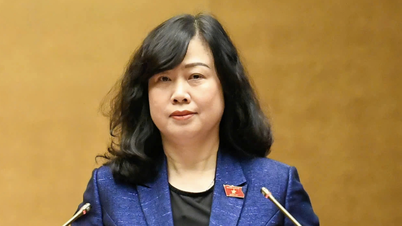

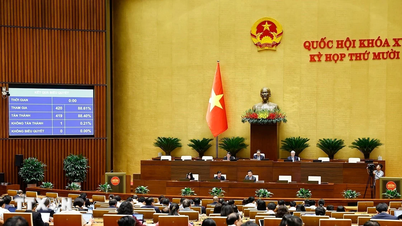


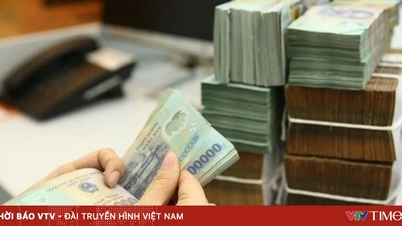






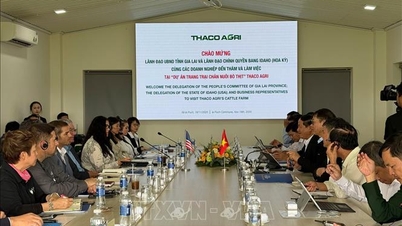





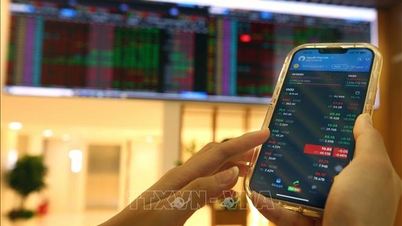







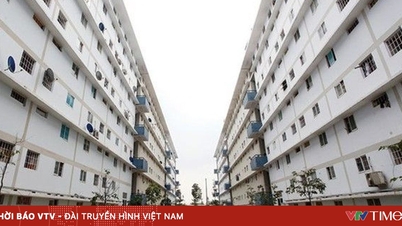
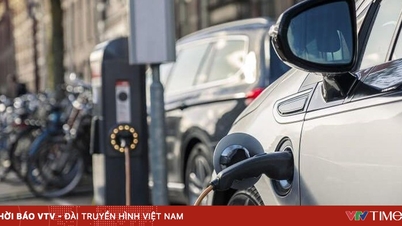
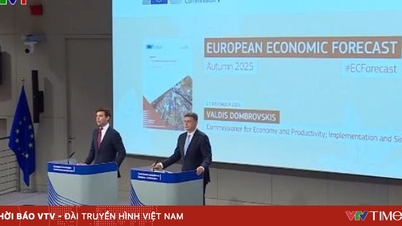
![[Photo] General Secretary To Lam and National Assembly Chairman Tran Thanh Man attend the 80th Anniversary of the Traditional Day of the Vietnamese Inspection Sector](https://vphoto.vietnam.vn/thumb/1200x675/vietnam/resource/IMAGE/2025/11/17/1763356362984_a2-bnd-7940-3561-jpg.webp)




























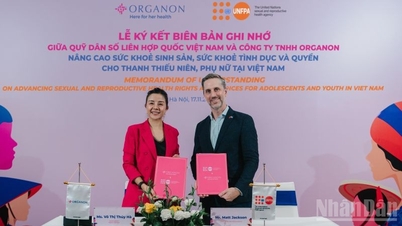












































Comment (0)